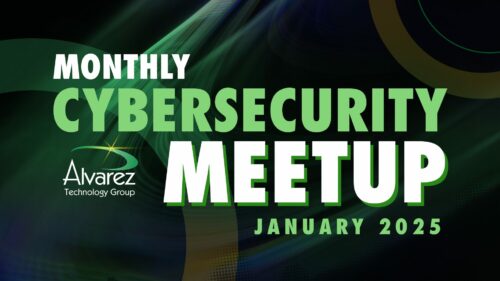San Francisco Pilots Program Allowing Police to Watch Over Private Security Cameras
Key Points:
- Once again, police overreach and civil liberties are on the table.
- Why did San Francisco need a video surveillance program?
- Four problem areas deeply concerned this group.
- Could your surveillance cameras pose another threat?
Could your home video surveillance finally jeopardize your civil liberties? The Electronic Frontier Foundation (EFF) and American Civil Liberties Union Foundation of Northern California (ACLU) believe it does and filed a lawsuit.
Appellate Case No. A165040 against the City and County of San Francisco has been filed and presented to Judge Richard B. Ulmer, Jr. In today’s video, Luis provides an overview of this story about San Francisco police suspected of violating the city’s surveillance technology law.

What Is The San Francisco Video Surveillance Pilot Program?
The city leaders of San Francisco have approved a 15-month pilot program allowing law enforcement officers to view and monitor live surveillance cameras. The footage may only come from consenting residents and business owners without a warrant.
The idea for this new program began in May 2019. It was the first time a San Francisco city board banned the use of facial recognition by local government agencies. But after three years, some board members saw the need to utilize certain technologies to make the city safer.
However, privacy groups say the shift is part of a bigger phenomenon in cities across the United States. There are more concerns that authorities and chosen officials will expand security technology, regardless if the technologies discourage or resolve crimes.
Are There Problems With Public Video Surveillance?
Video cameras, or closed-circuit television (CCTV), have become widespread features of American life. Worries about terrorism and the availability of cheaper electronic cameras have accelerated the pattern even more.
Using innovative systems by police and other public safety officials is especially concerning to some groups. In Manhattan, as an example, law enforcement intends to set up a centralized security facility where officers can watch countless video cameras in the downtown area.
According to the American Civil Liberties Union, they see four areas where public video surveillance is not the correct answer. Those areas are:
- Video surveillance has not been proven effective
- Closed-circuit television is susceptible to abuse
- The lack of limits or controls on camera usage
- Video surveillance will harm the public as a whole
Video Surveillance Cameras Do Pose Another Threat
In today’s interconnected world, we have more video cameras, IoT, and side gadgets “chatting” with other devices. Modern IP cameras have powerful processing, networking, and storage abilities, making them incredibly versatile.
However, this progress has a downside: more direct exposure to cyber risk. Video surveillance poses a more significant cybersecurity threat than most realize. That includes your organization’s video surveillance cameras.
Alvarez Technology Group understands that protecting your organization’s privacy and sensitive information is a top priority. Contact us today or call Toll Free 1-866-78-iTeam to discover the steps you can take to remove any cyber threat from your video surveillance cameras.





